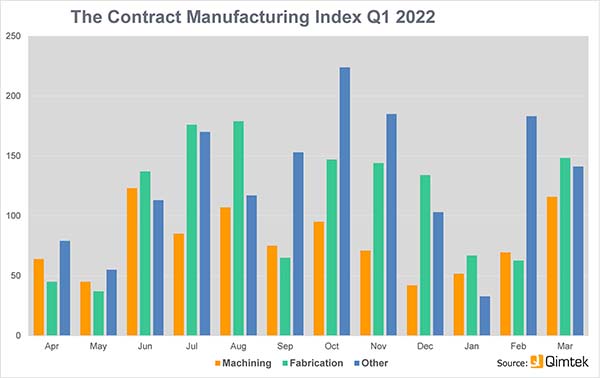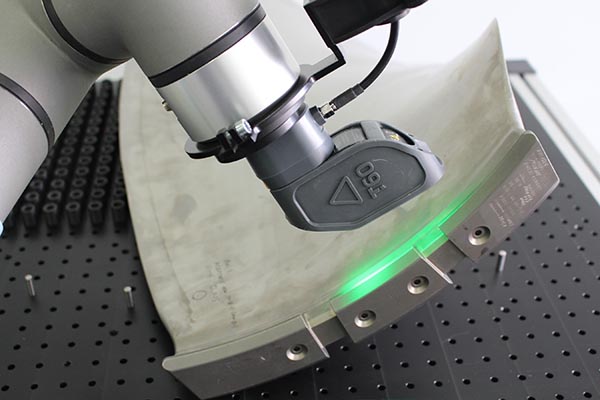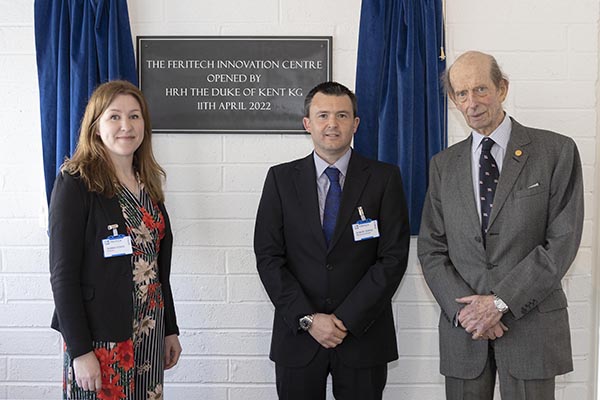
Terry Turner is the new area sales manager for machine tool supplier WH Lead in the Midlands and north of England. WH Lead, headquartered in Towcester, is the sole sales and service agent in the UK and Ireland for turning centres and vertical machining centres built by Leadwell, Taiwan. Based in the Sheffield area, Turner holds a BTEC NC and an HNC in Manufacturing Engineering, as well as a BEng degree in Mechanical Engineering from the Open University. He subsequently benefitted from 18 years of highly relevant experience in the machine tool sector.
For further information www.wh-lead.co.uk























